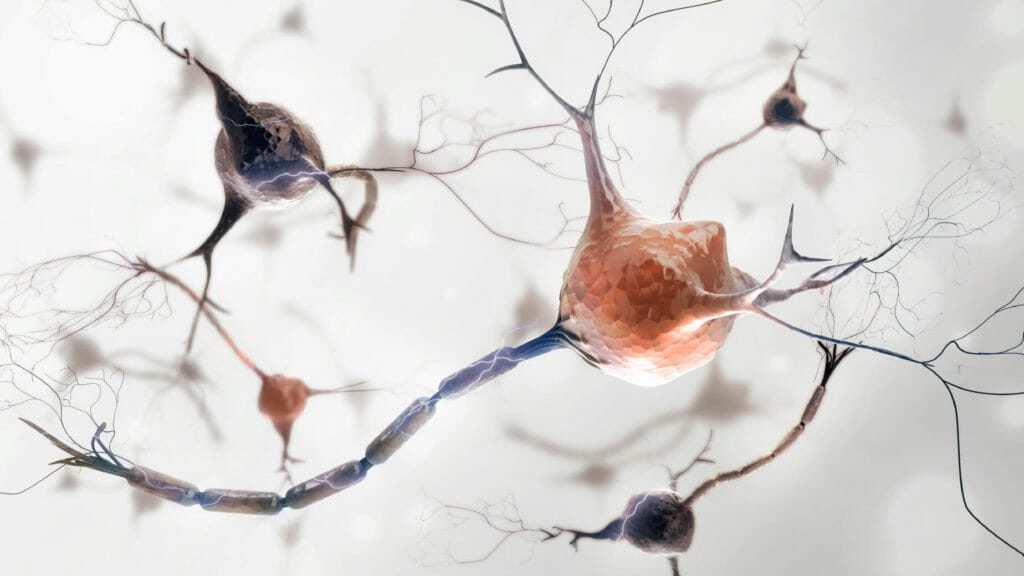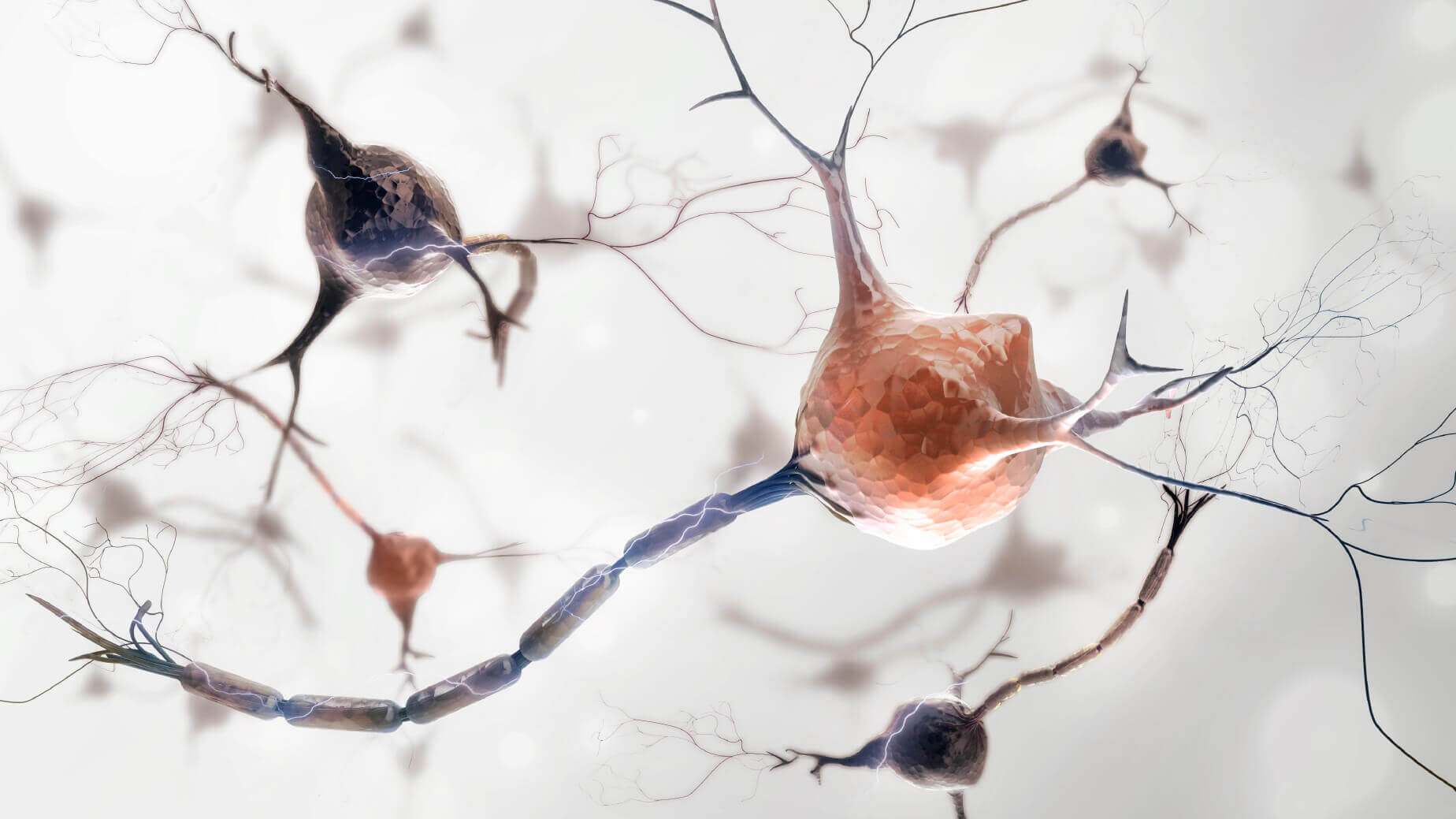Concussions May Continue to Affect Driving After Symptoms Are Gone

The effects a concussion has on driving a vehicle may continue to be present even after the symptoms disappear, according to a new study by University of Georgia researchers.
Concussions Result in Erratic Driving Even After Symptoms Subside
According to the Athens Banner-Herald, Julianne Schmidt, associate professor in the UGA College of Education’s department of kinesiology and lead author of the study, said participants using a driving simulator were still likely to drive erratically even after concussion symptoms were no longer present.
She likened this erratic driving to someone driving while intoxicated. “They had less vehicle control while they were doing the driving simulation, and they swerved more within the lane,” Schmidt said.
“This is a pretty large indicator of motor vehicle accident risk, and this is at a time point when they are considered recovered,” Schmidt continued.
The study, recently published by the Journal of Neurotrauma, included 14 college-age participants, all of whom were within 48 hours of no longer feeling the effects of their concussion.
Possible Repercussions of the Study
This study primarily focused on how a concussion affects a person’s ability to drive. Before, concussion research usually focused on sports and how concussions affected athletes who suffered from them, but this was a new twist on the study of the effects of concussions.
In sports, athletes who suffered from concussions are required to pass a series of tests to determine how well their brain is functioning, even after concussion symptoms are no longer present.
“In athletics, we don’t restrict their driving before their symptoms resolve. Often, people will get a concussion and drive home from the event or practice that caused the concussion—there are no restrictions there,” said Schmidt. “Whereas, we would never let them go out on the field or court; we’re very strict about that.”
This study, she said, implies that driving should be restricted at least until symptoms clear—and possibly after that. Schmidt said her research team’s next step is to determine when driving abilities improve and come up with strategies to help determine when to prevent people from driving after they have suffered from concussions.
But because the study showed that the effects of a concussion lasted longer than its symptoms, Schmidt felt that the effects of concussions should go beyond sports and athletics.
“The driving simulation shows they are performing very differently on the road compared to people who are not concussed, even after such symptoms resolve,” she said. “We have very fine-tuned recommendations for when a concussed individual is ready to return to sport and the classroom, but we don’t even mention driving in our recommendations. And only 50 percent of people intend to restrict their driving at any point following a concussion—which means that by the time they are feeling better, they are almost certainly on the road.”


